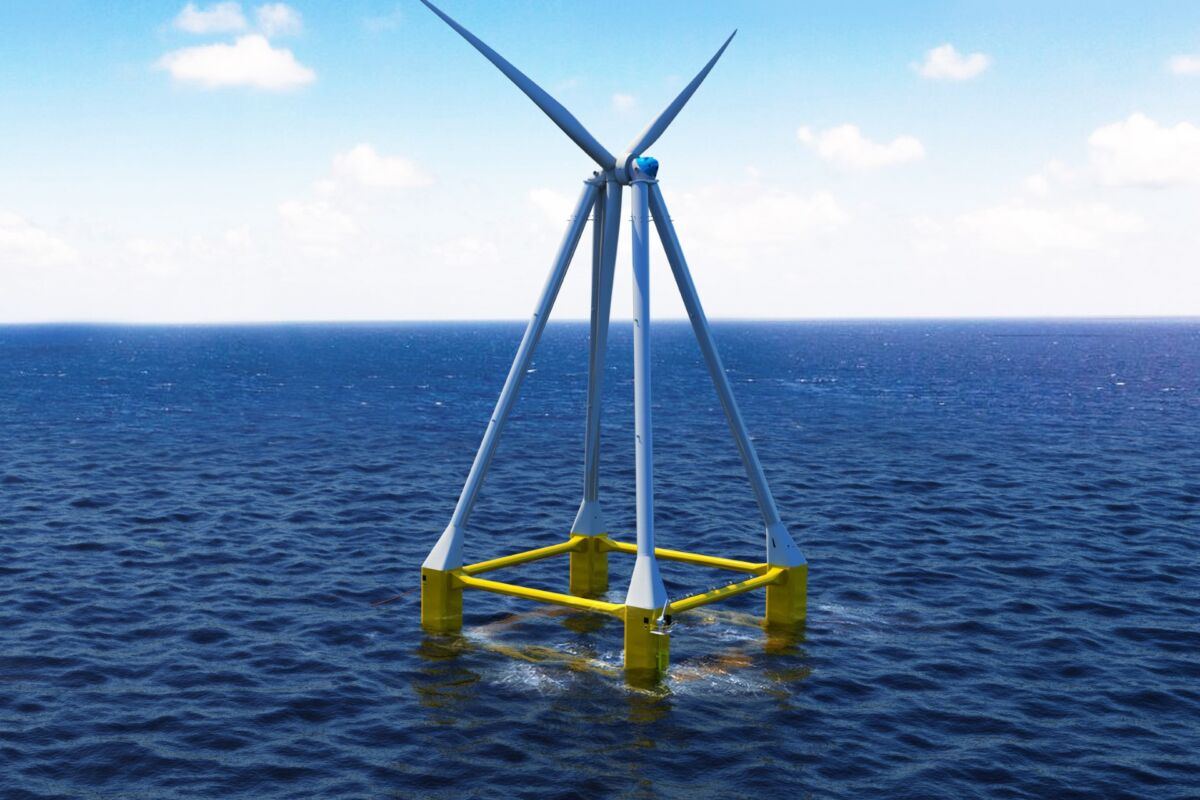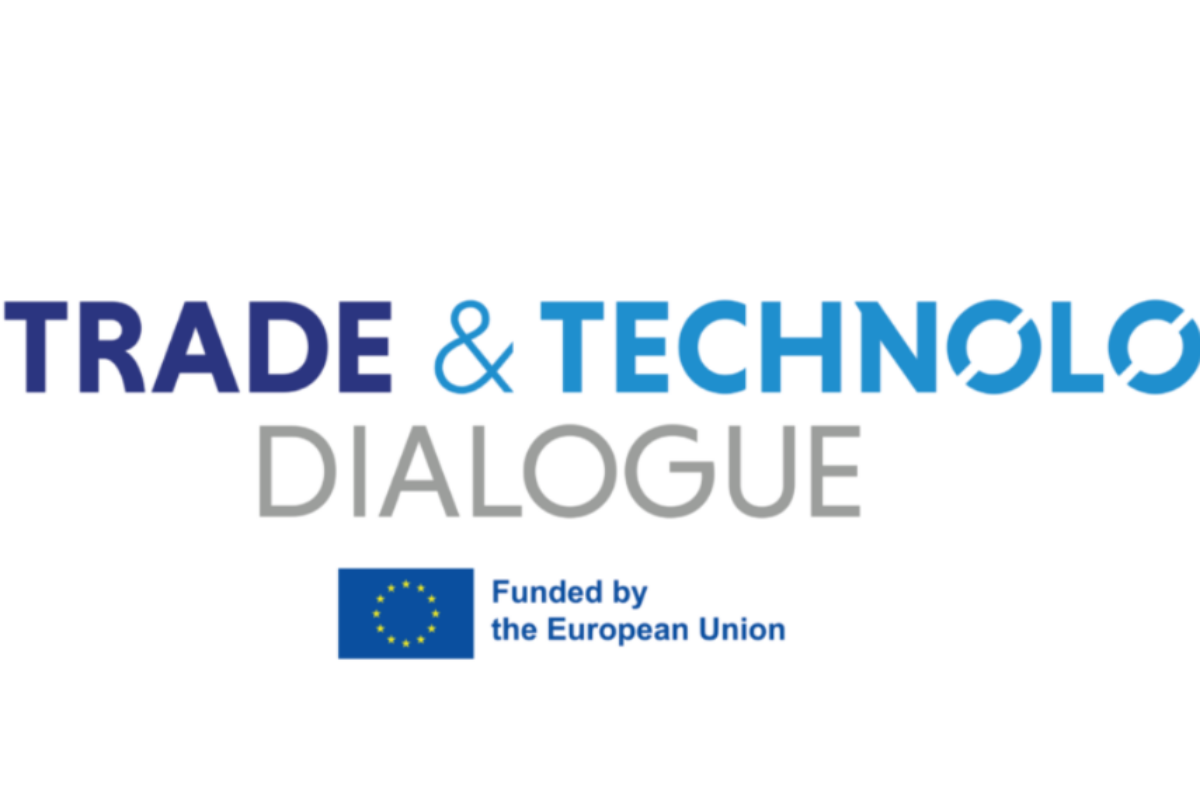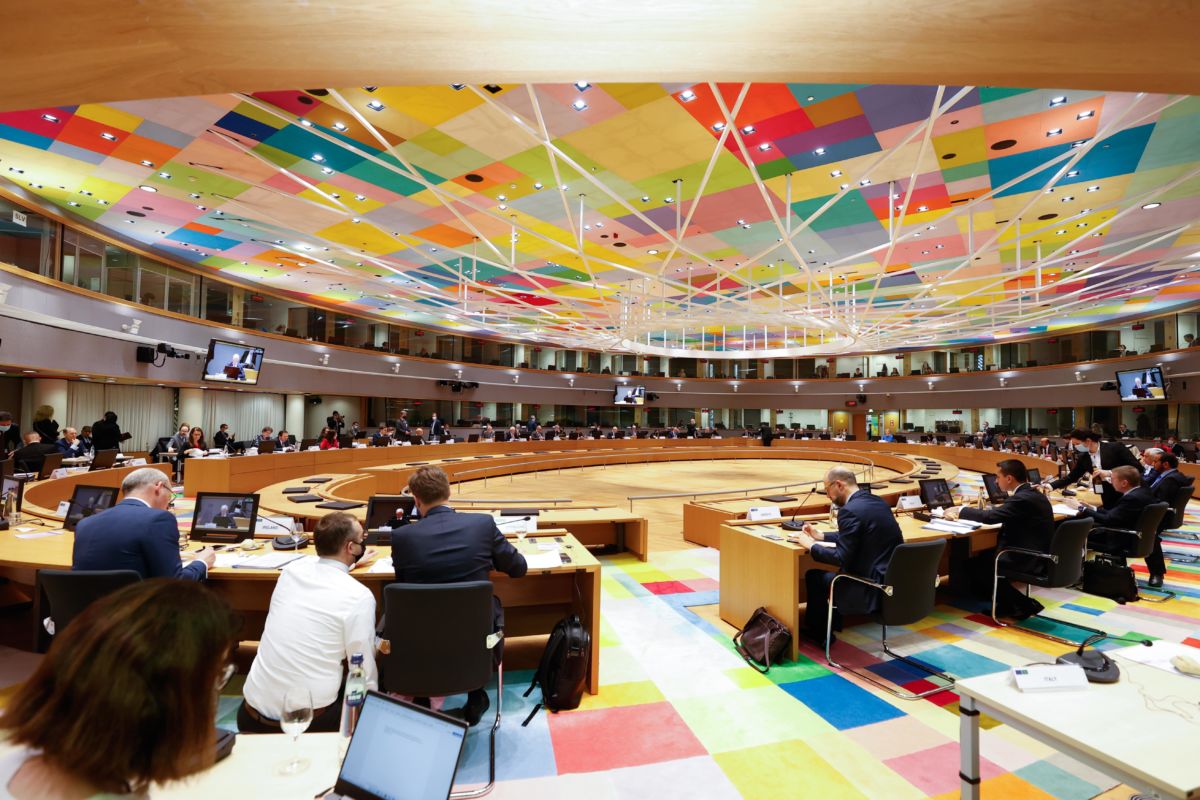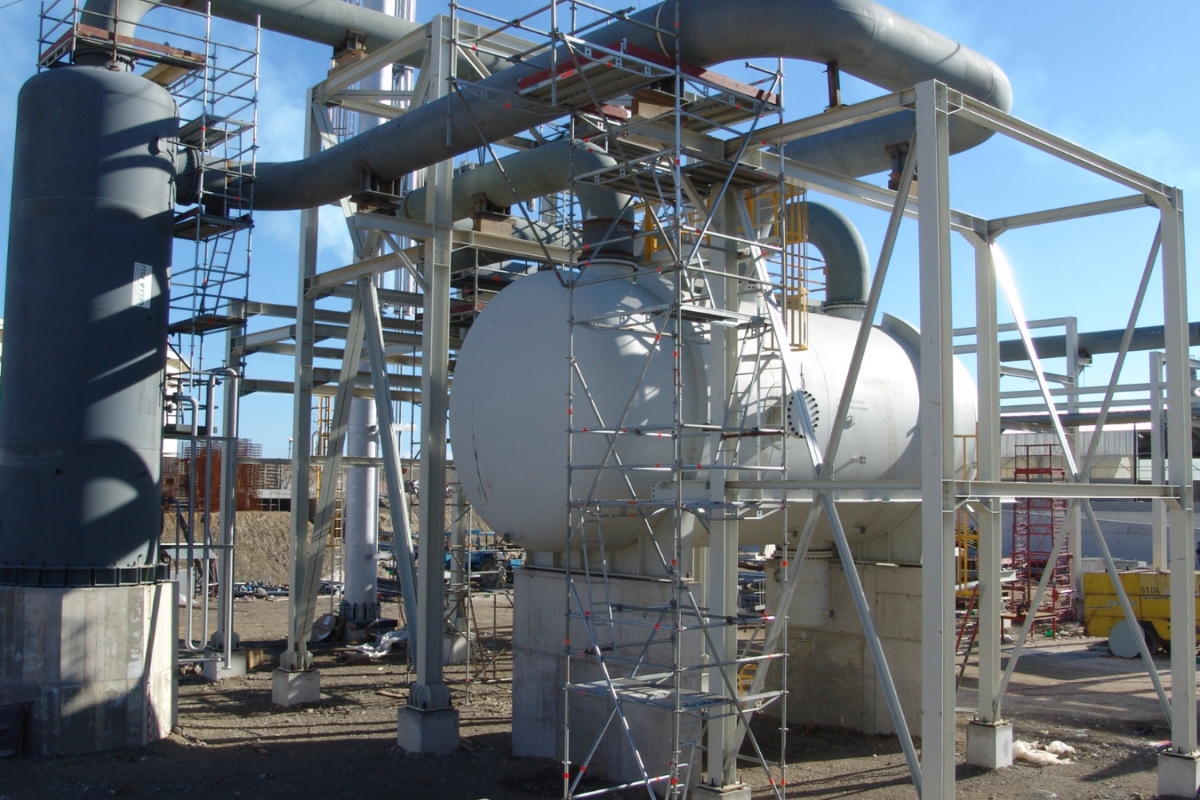The CARISMA project was a Coordination and Support Action funded by Horizon 2020 with two overall objectives. First, through effective stakeholder consultation and communication leading to improved coordination and assessment of climate change mitigation options, it aimed to benefit research and innovation efficiency as well as international cooperation on research and innovation and technology transfer. Second, it sought to assess policy and governance questions that shape the prospects of climate change mitigation options, and discuss the results with representatives from the CARISMA target audiences to incorporate what could be learned for the benefit of climate change mitigation.
The experienced, interdisciplinary and diverse CARISMA consortium combined capacity for technological, environmental, economic and social assessment with deep expertise across a range of climate change mitigation options, encompassing mature and emerging technologies as well as practices and governance, which are important areas to achieve deep greenhouse gas emission reductions.
Communication with, and support to, the CARISMA target audiences were an integral part of the project. In all inventory and assessment activities envisaged in the project, interaction with stakeholders was a key part. The target audiences included national and local policymakers, innovation and strategy managers in business and industry, research funding organisations and the research community. The CARISMA project resulted in online platform services, face-to-face interactions, policy briefs and publications and increased capacity in the EU, Accession Countries and beyond, to address the climate change challenge and move towards a green, innovative and thriving global economy.
Selected CARISMA publications:
- Fujiwara, N., van Asselt, H., Böβner, S. et al. The practice of climate change policy evaluations in the European Union and its member states: results from a meta-analysis. Sustain Earth 2, 9 (2019) doi:10.1186/s42055-019-0015-8
- “Tricky tensions: Being a policymaker in the Paris Agreement era” by Heleen de Coninck, Stefan Bößner, Soeren Lindner, Harro van Asselt, Noriko Fujiwara, Emilie Alberola, Synthesis report D8.1, July 2018
- “Towards a European research and innovation agenda for the Paris Agreement goals” by Soeren Lindner, Heleen de Coninck, Stefan Bößner, Milan Elkerbout, Andreas Türk, Keith Williges, Synthesis report D8.3, July 2018
- “CARISMA Discussion Paper No. 5 How do contextual factors affect EU climate policies and their outcomes? by Noriko Fujiwara, Keith Williges and Andreas Tuerk
- “CARISMA Discussion Paper 4 Climate change policy evaluations” by Noriko Fujiwara (CEPS), Stefan Böβner (Stockholm Environment Institute) and Harro van Asselt (Stockholm Environment Institute)
- “Contextual factors affecting EU climate policies and their outcomes”, by Noriko Fujiwara (CEPS), Andreas Türk (University of Graz), Niki-Artemis Spyridaki (UPRC), and Keith Williges (University of Graz). Discussion Paper No.1. February 2017
- “Effects of Interactions between EU Climate and Energy Policies”, by Wytze van der Gaast (JIN), Gwen-Jiro Clochard (I4CE), Emilie Alberola (I4CE), Andreas Türk (University of Graz), Noriko Fujiwara (CEPS), and Niki-Artemis Spyridaki (UPRC). November 2016
- “Policy interaction between the EU Emissions Trading System and the Renewable Energy Directive”, by Noriko Fujiwara (CEPS). October 2016


























